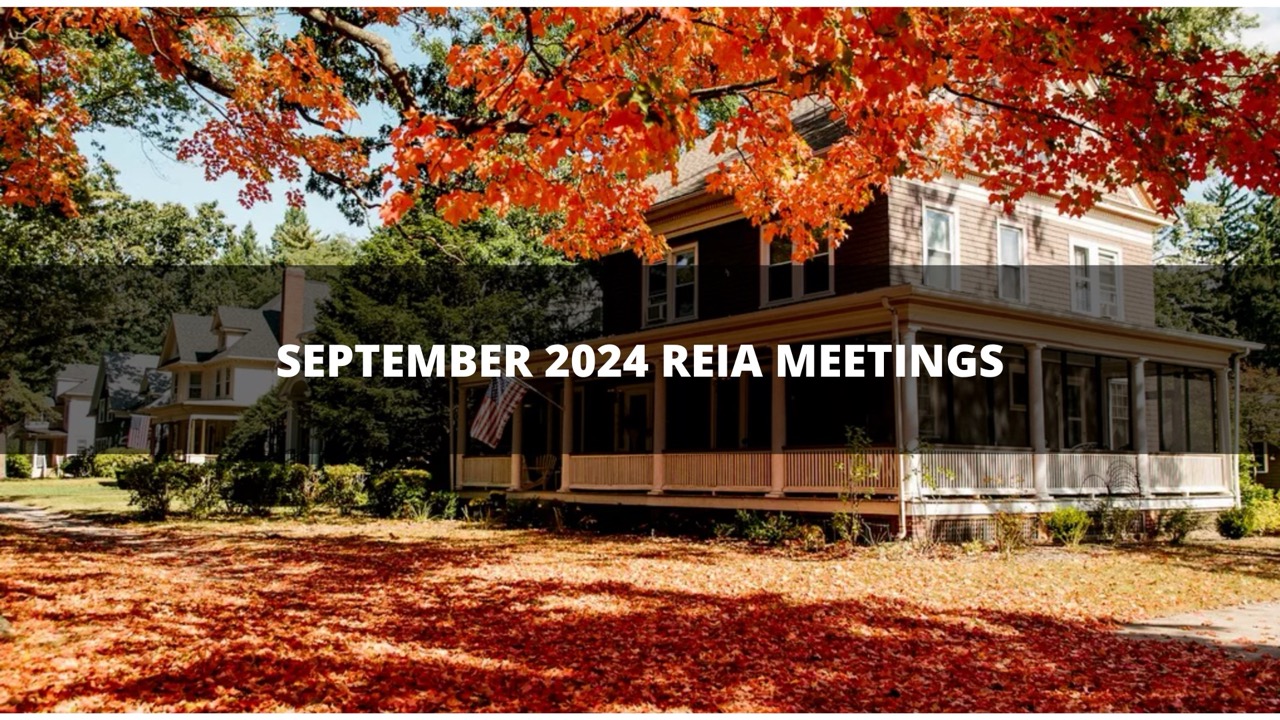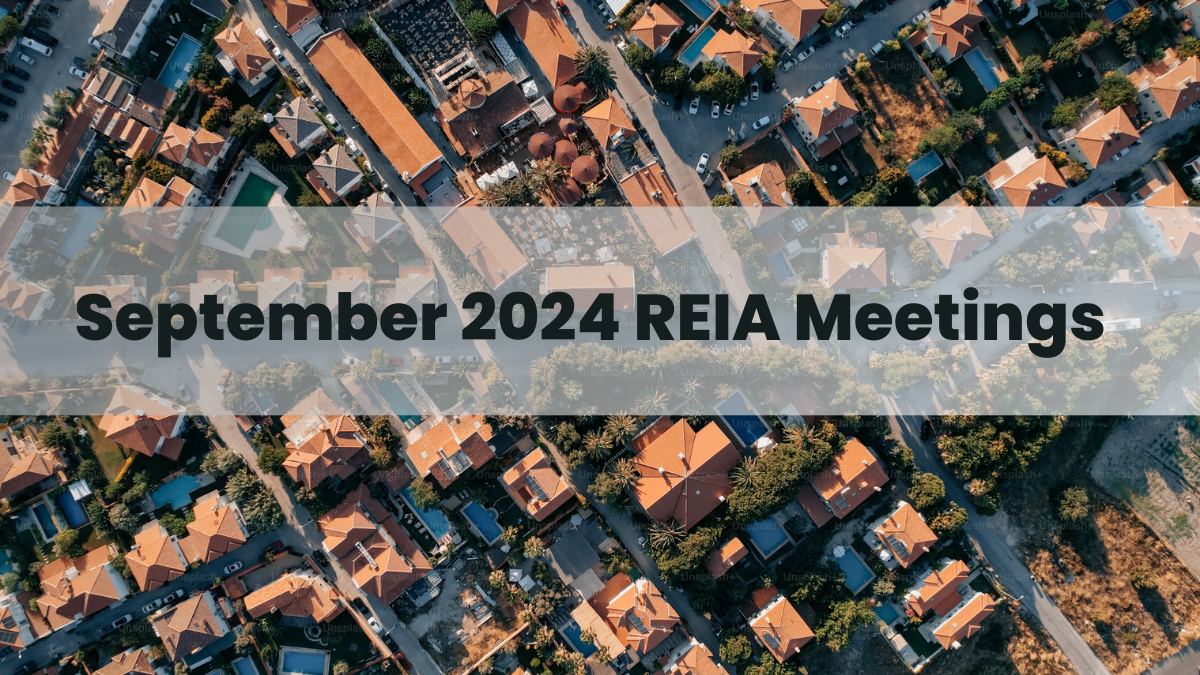Undaunted: Despite Market Disruption, Real Estate Investors Look to a Bright Path Ahead
Over a two-week period, we surveyed 344 investors of the MyHouseDeals tribe. The purpose of this survey was to gain insights into how the global pandemic has impacted real estate investors’ ability to do business and how they envision the recovery process will look like. Insights drawn from responses paint a disparate picture of how much the pandemic has impacted the investing community, although it makes clear that a significant majority of investors have been impacted or anticipate being impacted by the changes the novel coronavirus forced onto the market along with the ensuing economic downturn it has caused.
Taking the results from the survey in their entirety, it’s clear that a chunk of our investors has been negatively impacted by these unprecedented times while another sizable chunk has not been affected at all or has been impacted positively. While there is some fear and uncertainty in the short-term, our survey group views the outlook of the real estate market as being bright over the next six to 12 months and also over the next year and beyond. The survey group agreed, almost at a complete consensus, that the pandemic has not dissuaded them to give up on real estate investing as a pathway to a stable career and as a solid investment strategy.
Let’s take a look at the data, piece by piece:
What impact has the coronavirus crisis had on your real estate investing thus far?
Our survey group shows a pretty equitable distribution across the board. There’s a significant disparity—a large percentage of investors (23%) has experienced no impact on their investments while another large percentage (35.5%) has experienced significant or extreme impact.
Looking at how investors responded to this question, it is clear that the pandemic has had an impact in the ability to conduct business for a majority of investors (77%).
How much has the coronavirus crisis reduced your real estate investing revenue?
On initial glance, taking this survey question into account and comparing it to the first question shows that the coronavirus, thus far, may be having a larger impact on our investors’ ability to do deals rather than a tangible impact on their actual revenue. This is because 40.1% of investors surveyed stated that the crisis has led to no reduction in their revenue coming from real estate.
To dive deeper into our hypothesis, we asked our members how the coronavirus has impacted their real estate investing business specifically. The most popular answers were that it hasn’t affected their business at all, money is tight, there is a fear of investing given the uncertainty in the market, it’s difficult to see properties and interact with people in person, and the lending process and funding, at the moment, is challenging.
How has the coronavirus impacted your motivation to do deals?
COVID-19 has impacted investors’ motivation to do deals in significantly different ways. Here, we see an almost equitable distribution on the spectrum of no impact to significantly less motivated to do deals. The pandemic has negatively impacted the motivation of 35.8% of the investors surveyed, while 40.7% are fueled to invest as a consequence of the virus, citing reduced competition as a factor contributing to the increase in motivation.
Do you plan to continue to invest in real estate after the coronavirus crisis ends?
Despite the challenges that are present during uncertain times, the group surveyed is steadfast in its plans to continue investing post-pandemic.

We also asked the group what strategies and instruments they think will be most effective to support their investing goals once the crisis ends. The responses that received more than one response included:
- Fix & flip (57%)
- Foreclosures (55%)
- Wholesaling (54%)
- Buy and hold/Rentals (54%)
- Multifamily (41%)
- Owner financing (37%)
- County/Tax auctions (27%)
- Subject 2 (19%)
- Commercial (17%)
How has the coronavirus impacted your outlook on the real estate market in the short term (six to 12 months)?
When asked about their short-term forecast of the real estate market, 35.4% of the investors surveyed forecast a market with better conditions, while 22.7% see no changes from the current market. 41.9% of the investors surveyed expect a market in worse condition.
If we focus on the majority of responses (56.1%), they tell a slightly different story. Most investors are forecasting no change or a market only slightly worse or slightly better. This tells us that, for the most part, investors do not see the pandemic as a “sky is falling” scenario like what they experienced with the 2008 Great Recession. This level of confidence and stability could be a signal of a quick recovery once the economy starts ramping up again.
How do you think the coronavirus will impact your investing in six to 12 months?
When asked what factors contribute most to their short-term outlook (six to 12 months), the survey group doesn’t believe that access to inventory will be an issue. Access to funding was an often cited factor, although a positive outlook on funding was more prevalent. A similar trend was observed for access to potential buyers, signaling a quick recovery of the consumer market, and for the profit potential from deals—all split but trending towards a positive outlook. Lastly, access to contractors and construction crews is not predicted to be an issue for the group.
To put the factors that contribute most to our investors’ short-term outlook in perspective, here is a percentage breakdown of those surveyed who think each factor contributes to their outlook in at least some capacity:
- Access to potential buyers (37%)
- Access to funds (36%)
- Profit potential from deals (35%)
- Access to inventory (17%)
- Access to contractors (13%)
How has the coronavirus impacted your outlook on the real estate market in the long term (1+ years from now)?
The group, as a whole, expressed that the coronavirus has had a more significant impact on their outlook on the real estate market in the short term than the long term, with 74.4% of surveyed investors seeing no change to a significantly better market in 2021 than they are experiencing now and only 14% of investors forecasting a real estate market moderately or significantly worse than they are experiencing now.
When surveying investors for the tools and resources they currently lack access to that would be helpful in enduring the pandemic and social distancing guidelines, the most popular responses were money, funds, and leads.
Asked what strategies and resources they are most interested in learning about to increase opportunities in the current market, the most popular responses were:
- Remote access to funding (63%)
- Remote deals sourcing/Lead generation (56%)
- Mobile wholesaling (44%)
- Mobile CRMs and automated follow-up systems (44%)
Asked their communication preferences to receive news and updates related to real estate investing during the pandemic, surveyed investors continue to trust good, old email as their go-to source.
- Email (92%)
- SMS/Text messages (33%)
- On-site offers/messages (23%)
- Webinars (19%)
- Phone calls (19%)
- Social media bots/Facebook Messenger (9%)
The data accumulated through our Investor Outlook Survey provides invaluable insights into the opportunities and pain points, forecast (both in the short-term and long-term), and needs of residential real estate investors as it pertains to the impact the virus has had in our industry. In reviewing responses to the survey, it is clear that although it’s made a noticeable impact on an investor’s ability to invest, that impact hasn’t been uniform and likely varies from state to state and experience level of each investor, along with their preferred investing strategies.
The unifying factor seems to be that investors do not seem to think the current situation will be long-lasting and that the market and their activity level will rebound fairly quickly (within the next six months) for the most part. This positive outlook seems to be supported by the early signs of rebound in the lending and consumer markets. With mortgage rates reaching a new low this week, along with increased loan application volume and pending sales, the residential market seems poised for a quick recovery. To add to this trend, home values have not been negatively affected by the pandemic and have seen an increase in some markets, which are all signs that point to a flurry of investing activity once local economies get going again.
A quick note to all of the investors who completed this survey: thank you for sharing your current state and sentiment with us. This information is extremely valuable in providing context to our community and to us as service providers. We will use your feedback to enhance the value of a MyHouseDeals membership, both during and after the pandemic. Stay tuned as we introduce new initiatives based on your responses and as always, happy (and profitable) investing.
Onward and upward!






